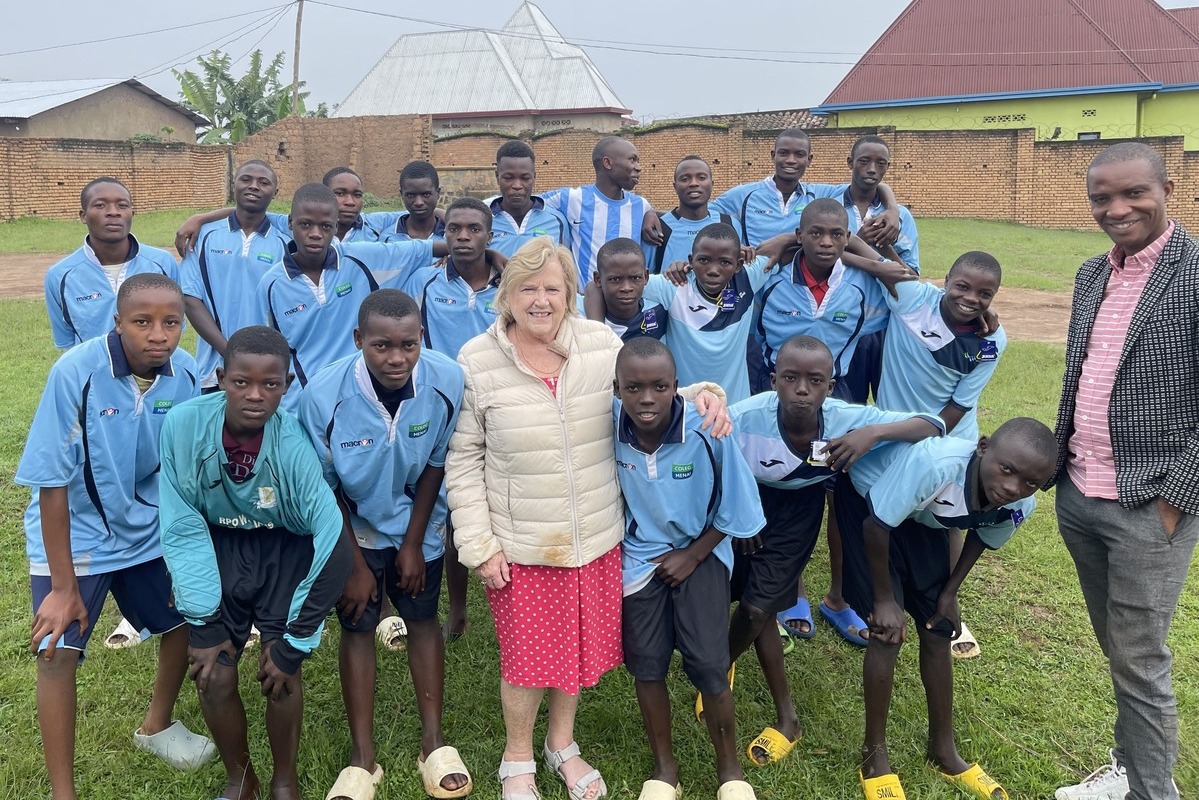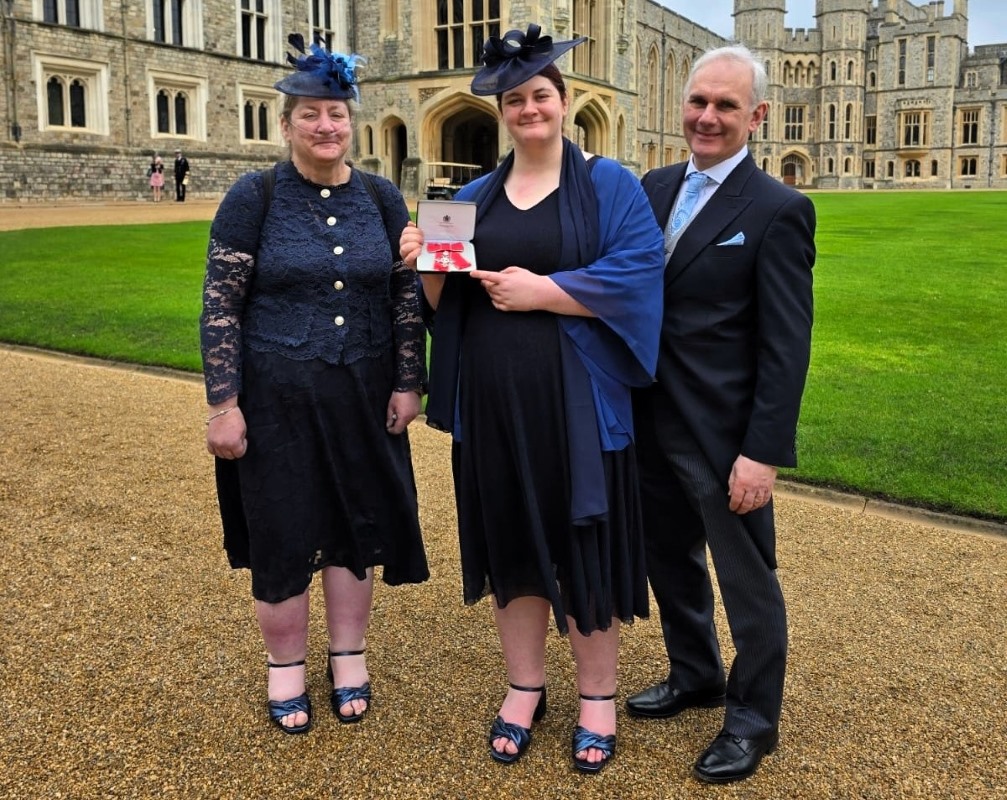End Digital Poverty Day: Digital Poverty Alliance calls for digital access to be a basic human right

Up to 19 million adults in the UK still suffer from digital poverty, as well as 1 in 5 children, according to the Digital Poverty Alliance and Deloitte, a pressing issue which continues to rock the country.
September 12th marks the second annual End Digital Poverty Day, as the Digital Poverty Alliance (DPA), alongside partners including Currys and Virgin Media O2, raise awareness, engage communities and mobilise support to end digital poverty by 2030.
Last year, the House of Lords Communications and Digital Committee found ‘a distinct lack of leadership in Government to tackle this issue’ and said it is ‘shocking that a digital inclusion strategy has not been produced since 2014 and the Government sees no need for a new one.’
Despite this, neither the previous Conservative government nor the new Labour government have pushed ahead with a clear digital inclusion strategy. Beyond the continued rollout of connectivity schemes, with a recent £800 million in funding made available to tackle poor broadband in rural areas, there has been little national activity.
“With so much of our lives continuing to revolve around digital, it is imperative that digital access becomes a basic human right,” said Elizabeth Anderson, CEO of the Digital Poverty Alliance. “Digital inclusion means access to a suitable digital device such as a laptop, broadband connectivity to get onto the internet and access essential services including online healthcare, and digital skills to be able to use a device and the internet. Many of us take digital for granted, but there are still as many as 19 million people who still go without.”
“The new government has a significant task but a huge opportunity in front of them to bridge the digital divide, and should be making a digital inclusion strategy a central part of their policy.”
“This year’s End Digital Poverty Day is a powerful reminder that having digital access is a basic human right, and we must act now in order to end digital poverty once and for all by 2030.”
This benchmark is pivotal to the DPA’s mission, holding a range of schemes including Tech4Families, Tech4Youth, Tech4YoungCarers and more in order to provide access to devices, connectivity and skills for those who need it most.
In recent research by the DPA, 86% of parents experiencing digital poverty cited cost as the primary barrier preventing their children from accessing a laptop, significantly contributing to the widening digital divide in underserved communities.











Responses